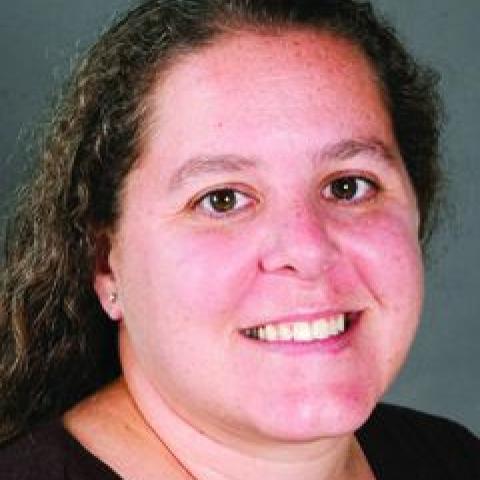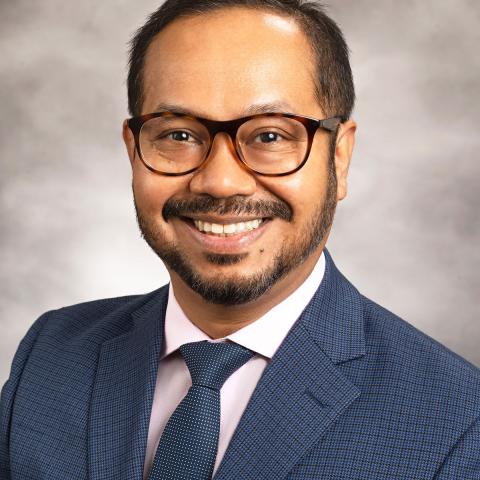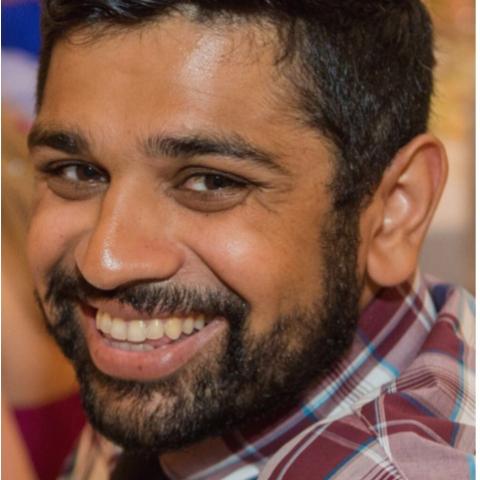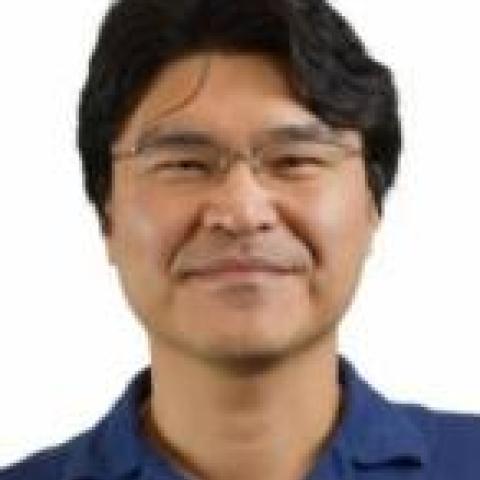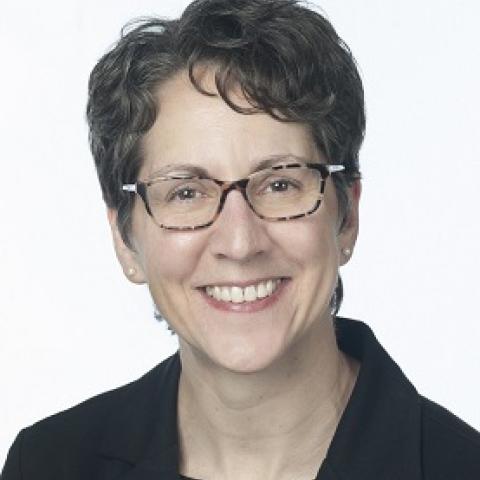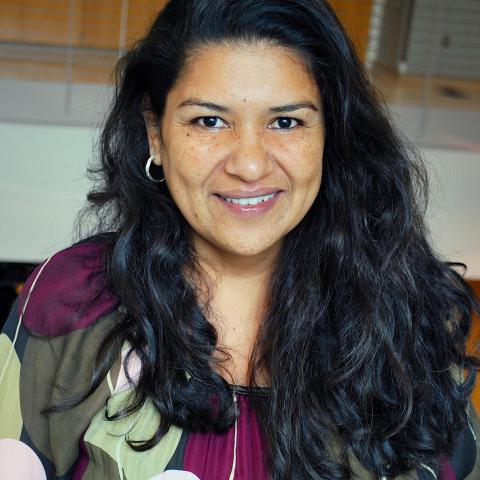Pamela Peralta-Yahya
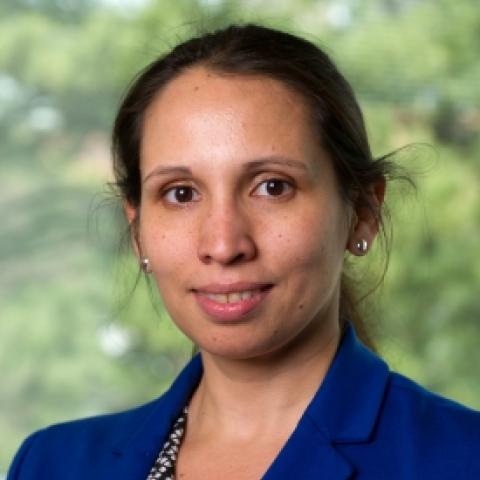
Peralta-Yahya has been part of Georgia Tech since 2012. Her diverse research group composed of chemists, biologists, and chemical engineers works in the area of engineering biology, drawing from principles of biochemistry and engineering to build systems for chemical detection and production. Specifically, her group focuses on the development of G protein-coupled receptors for biotechnology and biomedical applications, and the engineering of biological systems for the production of fuels and functionalized plant natural products. Early on, her work was recognized with several awards including a DARPA Young Faculty Award, a DuPont Young Professor Award, a Kavli Fellowship by the US Academy of Science, and an NIH MIRA award. Her group’s key accomplishments are 1) the standardization of GPCR-based sensors in yeast to reduce the cost and accelerate the pace of drug discovery for these receptors, which are the target of over 30% of FDA approved drugs, and 2) the development of advanced biofuels, including pinene, which, when dimerized, has sufficient energy content to power rockets and missiles. Today, her group is funded to work on these and other cutting edge areas – including how to power a rocket returning from Mars and how to make synthetic cells learn without evolution – by the National Institutes of Health, the National Science Foundation, the Department of Energy, and NASA.
Bio-Inspired Materials; Biofuels; Cell biophysics; Cellular Materials; Biochemistry; Biomanufacturing; Energy; Biomaterials
